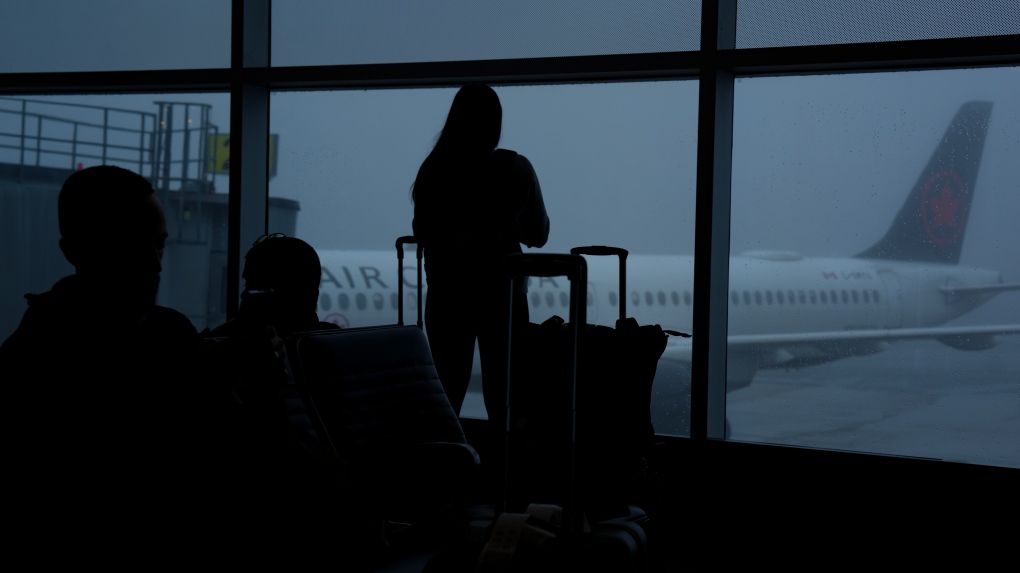
'Junk fees' or flexible flying? Passenger charges fuel profits -- and travellers' ire
CTV
Economy-class trips are defined by shrinking legroom, narrower cushion space, diminishing rewards for frequent fliers and, especially, the myriad fees that can pile up like thunderclouds as airlines increasingly offer top-up options on their tickets.
Jay Sorensen flies both business class and economy.
While the differences between the two have always been stark — priority boarding and free alcohol are decades-old features of first-class travel — lately the gulf seems to have widened, said the U.S. consulting firm president.
Economy-class trips are defined by shrinking legroom, narrower cushion space, diminishing rewards for frequent fliers and, especially, the myriad fees that can pile up like thunderclouds as airlines increasingly offer top-up options on their tickets.
“Traditional airlines seem to want to punish passengers who buy these fares,” Sorensen said of bottom-rung tickets.
The additional money passengers pay for checked bags, pre-selected seats and onboard snacks makes up a growing share of airline revenue, even as a debate swirls around whether the charges amount to “junk fees” or the lower base price offers greater choice for travellers.
Air Canada took in nearly US$2 billion in so-called ancillary revenue in 2022, up by nearly 50 per cent from five years earlier, according to Sorensen’s IdeaWorksCompany. The category's share of total revenue grew to more than 15 per cent from below 11 per cent in the same period.
WestJet this month introduced a new service tier, "Extended Comfort," where economy-class passengers can pay for extra legroom, early access to overhead bins — coveted real estate due to checked baggage costs — and a free alcoholic drink.
